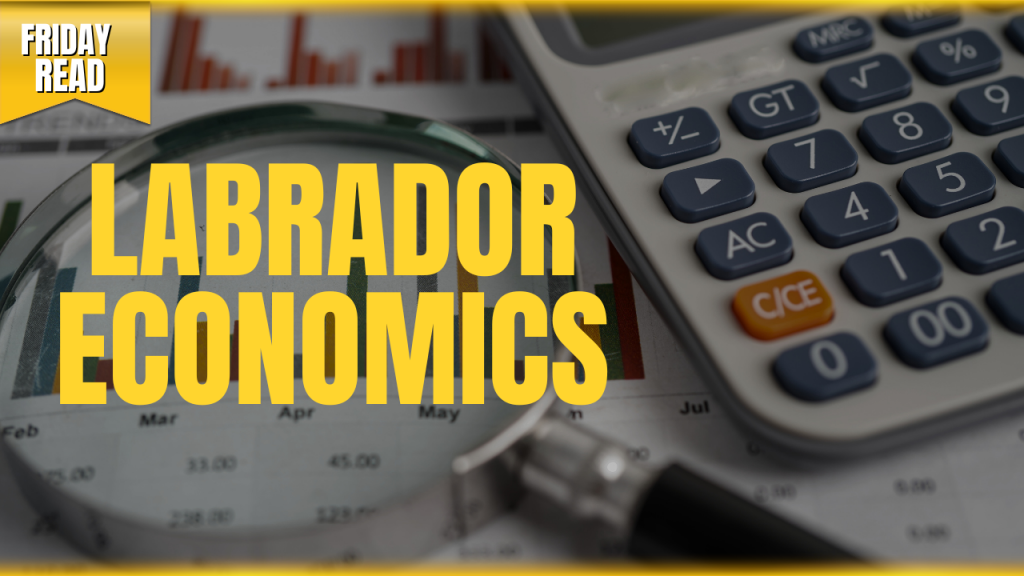
Anyone who has owned a Labrador knows their weakness. They live life with joy, but when it comes to food, they do not have an off switch. A Labrador will keep eating long past what is healthy, eyes fixed on the bowl, tail wagging. Governments behave much the same way. They arrive with enthusiasm and good intentions, but once the taps are on, they struggle to stop. Spending grows, borrowing grows, and central banks are pulled into the game of keeping it all going. Eventually the system is stuffed, and investors start looking for something solid outside of it. That is when gold shines.
We are watching that cycle play out now. Gold has surged toward 3,800 dollars an ounce and is pushing closer to the big marker of 4,000. As analyst Stephen Innes observed this week, this is not just about inflation. If it were, the bond market would be flashing red. Instead, the demand for gold comes from central banks, from investors losing faith in paper money, and from geopolitical uncertainty. In other words, people sense that governments and central banks have been eating from the bowl for too long.
Look at the recent run of central bank decisions. Canada cut rates, the Federal Reserve trimmed by 25 basis points, while the United Kingdom and Europe held steady. Norway cut too, and Japan stood still but admitted it was still unwinding years of heavy intervention. There is no discipline here, no shared strategy. Each government and central bank is trying to satisfy its own appetite and hoping markets will not notice the lack of cohesion. Markets do notice, and they hedge that uncertainty with gold.
Does China’s Move Signal A Gold Reset?
The political backdrop adds to the picture. The Federal Reserve is supposed to act independently, but pressure from the White House is mounting. Economist Steve Hanke has warned that interest rate tweaks are a sideshow and that what matters is the overall money supply. When governments and their allies at the central banks keep feeding that supply, they may buy themselves time, but they also weaken the long term trust in their currencies. Hanke believes the gold bull market could eventually carry prices to 6,000 dollars. Whether you accept that number or not, his point is clear. The more governments indulge their Labrador instincts, the more people look to gold.
Goldman Sachs Research makes a similar argument, though in a different way. They show that when both stocks and bonds fall together, which often happens during times of high government spending or global shocks, gold has a habit of being the one asset that holds up. That was true in the 1970s when government overspending and poor monetary control led to runaway inflation. It was true again in 2022 when Russia weaponised gas supplies, sending Europe into crisis. In both cases, governments acted as if they could solve problems with another serving, but the cost was instability. Gold became the refuge.
This is the problem with Labrador style policy. It feels good at the start, but it builds fragility into the system. Each new programme, each extra cut in rates, each round of subsidies or tariffs adds to the intake. None of it comes with a clear stop sign. The bowl is never empty. Eventually the system grows bloated, and the only sensible response is to step back and hold something outside of it, something governments cannot conjure up with a policy paper. That something is gold.
The message for investors is straightforward. Do not rely on governments to show restraint or central banks to resist pressure. Assume the Labrador does not know when to stop. Protect yourself by owning assets that do not depend on their promises. Gold is not a quick bet on headlines. It is the portion control your portfolio needs.
Buy Gold Coins

Buy gold coins and bars and store them in the safest vaults in Switzerland, London or Singapore with GoldCore.
Learn why Switzerland remains a safe-haven jurisdiction for owning precious metals. Access Our Most Popular Guide, the Essential Guide to Storing Gold in Switzerland here.
Receive Our Award Winning Market Updates In Your Inbox – Sign Up Here





